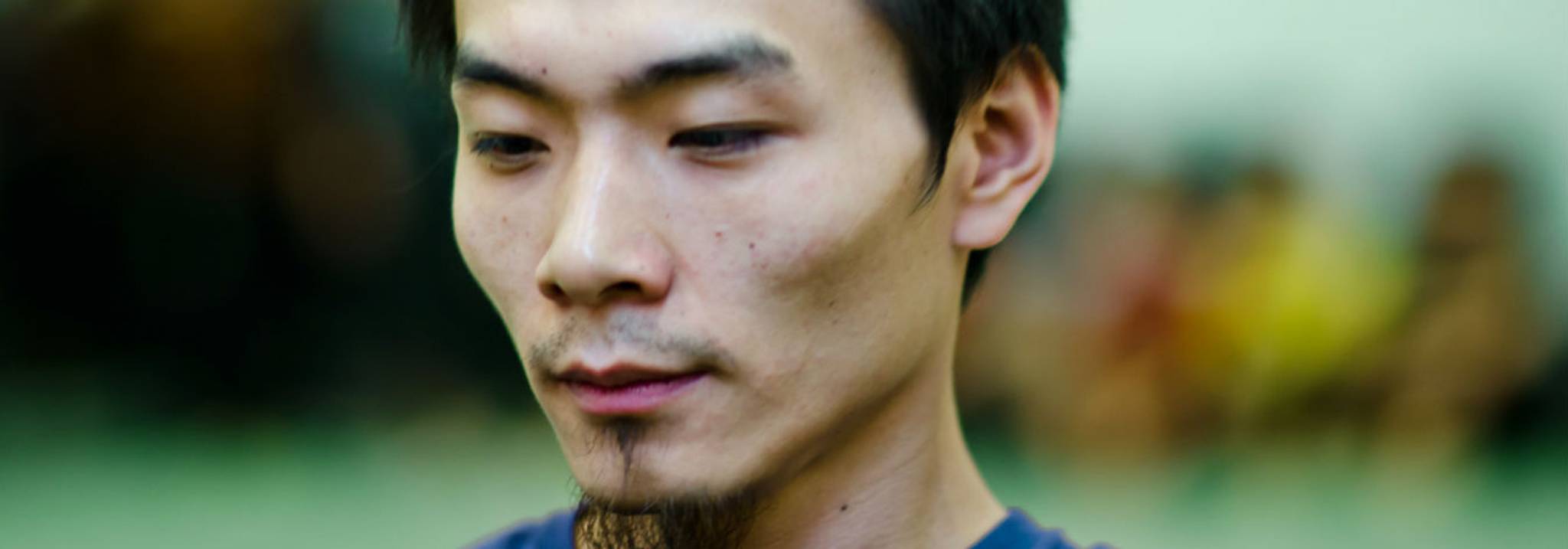
Charlie Brooker’s Black Mirror has gained notoriety for its aptitude in marrying the realities of the present with our fears of the future. The opening episode of season three depicts a future in which every interaction is ranked by family, friends, coworkers, and strangers. And the result is a perpetual feedback loop of niceness for the sake of being nice, while the consequences of non-conformity include pricier housing, longer queues and exclusion from healthcare. It might seen like a bleak and distant future, but the Chinese government has announced plans to implement a similar system all too soon.
Despite a fierce campaign against corruption in China – the character of the year in 2015 was 廉, which means ‘incorruptibility’ – just 51% of Chinese say ‘it’s never acceptable for someone to accept a bribe in the course of their duties’. In short, corruption is rife, and it’s impacted the country’s image on the global stage for decades. The Communist party’s latest attempt to force its nation into trustworthiness, involves a ‘social credit’ system that’s intended to build ‘a culture of sincerity’ and ‘a harmonious socialist society’. And it’s built on big data acquired via the ubiquity of smartphones, online shopping, and social media.
Chinese citizens – who won’t have the option to opt out – could lose the right to get a table at a restaurant, take out a loan, or get their kids into the best schools, based on running a red light, not looking after their parents properly, or Tweeting controversial political views. And in a country where there are more than 710 million internet users, and city-dwellers spend over 70% of their leisure time online, this policy has the ability to control behaviour from a deeply personal level. “China is moving towards a totalitarian society, where the government controls and affects individuals' private lives,” says Murong Xuecun, Beijing-based novelist and social commentator. “This is like Big Brother, who has all your information and can harm you in any way he wants.”
Social rankings have become a topic of deep discussion in recent years, though in the West, they’ve been met with determined disdain. WhenPeeple – an app that claimed to be the ‘Yelp for people’ – invited people to rank coworkers, flatmates and friends in 2015, it was shouted down before it had even launched. According to media psychologist Dr. Pamela Rutledge, as social creatures, humans have evolved to recognise ‘social wounds’ – attacks that pose risks to our inclusion in a group. “Social wounds have as much impact as physical wounds,” says Rutledge. “They genuinely and literally hurt.” Our instincts therefore process platforms like Peeple not as a place for constructive feedback, but as a place where we'll come under attack.
Of course, these social wounds feel all the more personal in the individualistic West. But these revelations about the social credit system come at a time when individualism and autonomy in China are also spiking. “Individualism and materialism have entered the country from the West via economic reforms,” confirms Dr. Giovanna Puppin, expert and consultant on advertising and branding in China. “Chinese consumers – especially younger generations – are increasingly keen to affirm their personalities and individual traits.” Highlighted by the popularity of celebrities like Olympic swimmer Fu Yuan Hui, and the uptake of anti-normative labels like diaosi, China’s traditional ideal of collectivism is being challenged on all fronts by the everyman. As the Communist party fights to tighten its grip on the Chinese population, whether or not they’ll opt to conform or struggle free is increasingly uncertain. Maybe Brooker will be able to tell us, in the next season of Black Mirror.
Discover more insights like this by signing up to the Canvas8 Library.
Lore Oxford is Canvas8's deputy editor. She previously ran her own science and technology publication and was a columnist for Dazed and Confused. When she’s not busy analysing human behaviour, she can be found defending anything from selfie culture to the Kardashians from contemporary culture snobs.